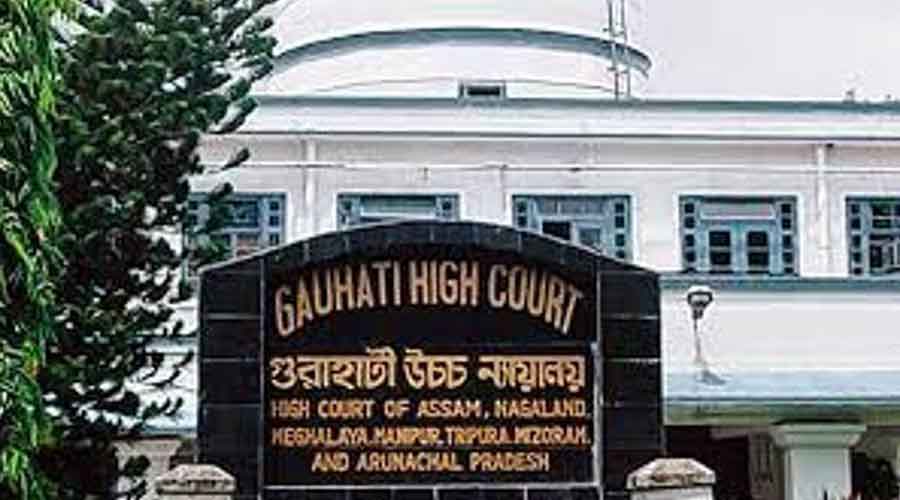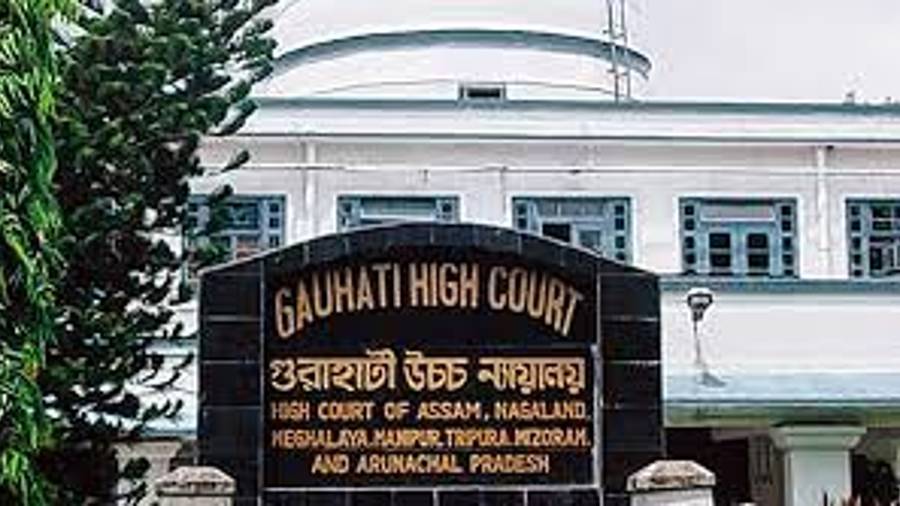Gauhati High Court has upheld the Assam government’s decision in 2020 to convert state-funded madrasas into general educational institutions.
The division bench of Chief Justice Sudhanshu Dhulia and Justice Soumitra Saikia dismissed a petition challenging the government’s decision.
The court said the madrasas had ceased to be institutions run by a minority community after being “provincialised” (run or funded by the government) and such schools could no longer impart religious instructions.
The government action does not affect private madrasas, which can carry on with their activities.
The writ petition had been filed by 13 people — presidents of madrasa managing committees, donors and mutawallis or caretakers of the wakf land on which the institutions were built.
The petition, submitted in 2021, had alleged that the government’s decision amounted to an invasion of fundamental rights under Articles 25 (freedom of conscience and free profession, practice and propagation of religion), 26 (freedom to manage religious affairs), 29 (protection of interests of minorities) and 30 (the right of minorities to establish and administer educational institutions) of the Constitution.
The state cabinet had on November 13, 2020, decided to convert the “provincialised” madrasas into regular high schools and stop the teaching of theological subjects there.
The Assembly passed by voice vote the Assam Repealing Act on December 30, 2020, which received the governor’s assent on January 27, 2021. The bill revoked the Assam Madrasa Education (Provincialisation) Act, 1995, and the Assam Madrasa Education (Provincialisation of Services of Teachers and Reorganisation of Educational Institutions) Act, 2018.
This was followed by a series of executive orders, of which the first was issued on February 12, 2021, clearing the conversion of these madrasas into high schools, ending religious teaching and instructions, stopping fresh admissions under the old course from April 1, 2021, and training the theology faculty members to teach general subjects in keeping with their aptitudes.
The State Madrasa Education Board was dissolved and all records and functions transferred to the Board of Secondary Education, Assam. Subsequent orders removed courses relating to religious instructions from various grades of madrasas.
The repealing act and the consequent orders affected 401 madrasas — 250 pre-senior madrasas (Classes VI and VII), 133 senior madrasas (Classes VIII to XII), 14 title madrasas (graduate and postgraduate levels) and 4 Arabic colleges (Class VI to postgraduate level).
After hearing both sides, the high court had reserved its ruling on January 27.
Delivering its verdict on Friday, the court said that madrasas established by a minority community would cease to be educational institutions set up by a minority community once they were provincialised under the 1995 act or the subsequent provincialisation acts.
“We have already seen the meaning of provincialisation and the way provincialisation changes the nature of the school, inasmuch as it is now fully under control of the government and in fact the teaching and the non-teaching staff of the madrasas are government servants...,” the court said in its order.
“Therefore, these are not minority institutions any more.… The claim of the petitioners that these madrasas are minority institutions and were established and administered by the minority is a claim which has no foundation and was hence not acceptable.”
The court order cited Article 28 of the Constitution, which states that no religious instructions shall be provided in any educational institution wholly maintained by state funds.
“The madrasas in question, which are ‘wholly maintained out of State funds’, cannot impart religious instructions in terms of the mandate of Article 28(1) of the Constitution of India.… What Clause (1) of Article 28 of the Constitution prohibits is religious instruction in an educational institution which is wholly maintained out of State funds,” the court said.
Welcoming the ruling, Assam chief minister Himanta Biswa Sarma, who had introduced the Assam Repealing Bill, 2020, in the Assembly, tweeted: “Division Bench of Honble Gauhati High Court in a landmark judgment delivered today upheld the Act of 2020 to repeal Madrassa Education Provincialisation Acts and also upheld all other notifications to convert… provincialised madrasas to general educational institutions.”












